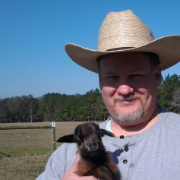How do you feel about movies with magic and such?
-
Topics
-
- 0 replies
- 15 views
-
The AP has called the Presidential Race for Donald Trump!
By BrotherTony, in General Chats
- donald trump
- 47th us president
- (and 1 more)
- 4 replies
- 120 views
-
- 27 replies
- 562 views
-
Elections is over pastors can go back now to preaching
By TheGloryLand, in Church Related Discussions
- 1 reply
- 53 views
-
- 19 replies
- 805 views
-










Recommended Posts
Join the conversation
You can post now and register later. If you have an account, sign in now to post with your account.
Note: Your post will require moderator approval before it will be visible.